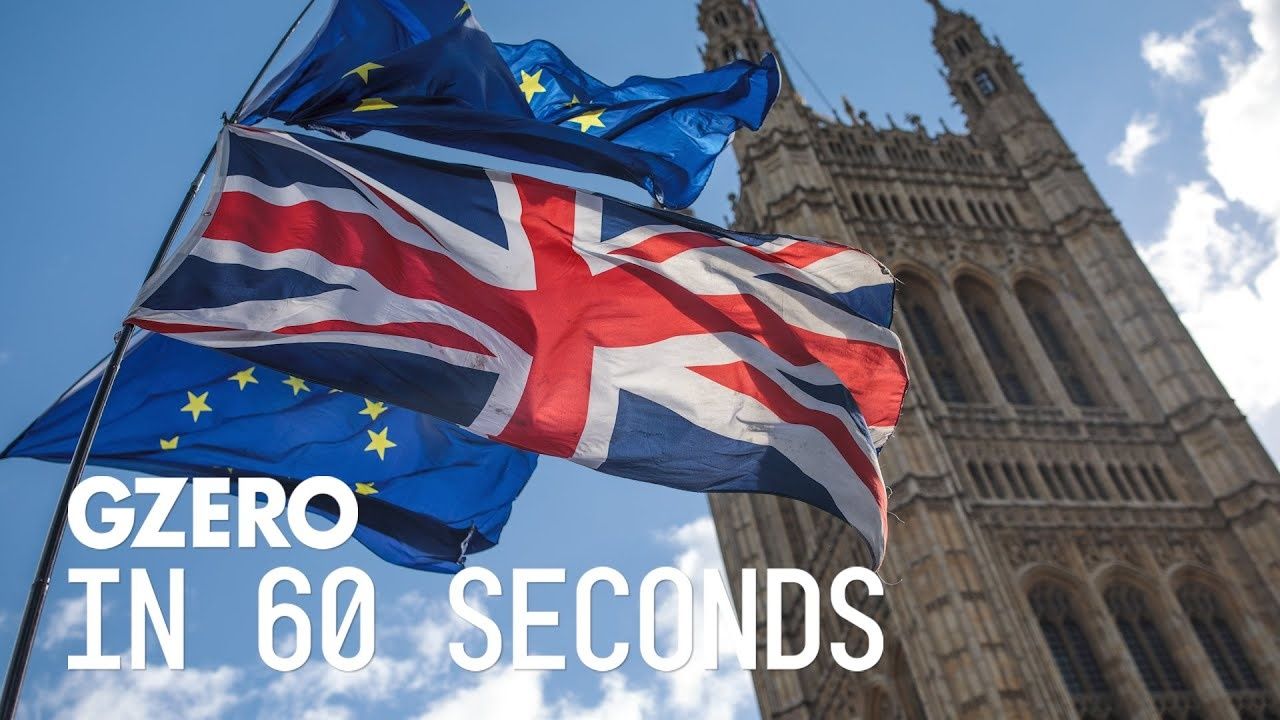
It's a big week for Boris Johnson and Brexit. What's the latest?
Hague: I am in Dublin which is where all the focus is, how is the Irish government going to react to the proposals from Boris Johnson?
Miliband: There is now a Johnson plan for Northern Ireland to effectively remain in the single market at least for four years. But for it not to be in the Customs Union and therefore there to be customs checks north – south, on the island of Ireland.
Are these proposals a fair attempt at a compromise?
Hague: Well they are a fair attempt at getting a compromise going.
Miliband: It's a compromise between competing British positions not really a compromise with the European Union's fundamental concern, which is about the integrity of the single market.
Hague: Boris Johnson's really worked getting the Democratic Unionists and the hard liners in his own party into proposing this kind of compromise.
Does it make a deal more likely?
Hague: Well that depends how likely you thought it was in the first place.
Miliband: I actually think we've probably got less chance of a deal than we did a week ago but it's not yet zero chance.
Hague: The British government was always going to make some serious proposals about now and it has done so.
Miliband: The experts are talking about a 10 to 20 percent chance, I think it's probably at the lower end of the range.
Hague: Now, I would have said before this the chances of those proposals leading to a deal would only be about 25 percent. Maybe we just increased that, a little bit, to a 30 percent chance or something like that. The odds are still against it.
Miliband: But the European Union will be careful not to dismiss this out of hand. It doesn't want to get the blame for no deal.
Hague: There are some big problems for Ireland and the EU in these proposals over customs and other issues. We shall see.